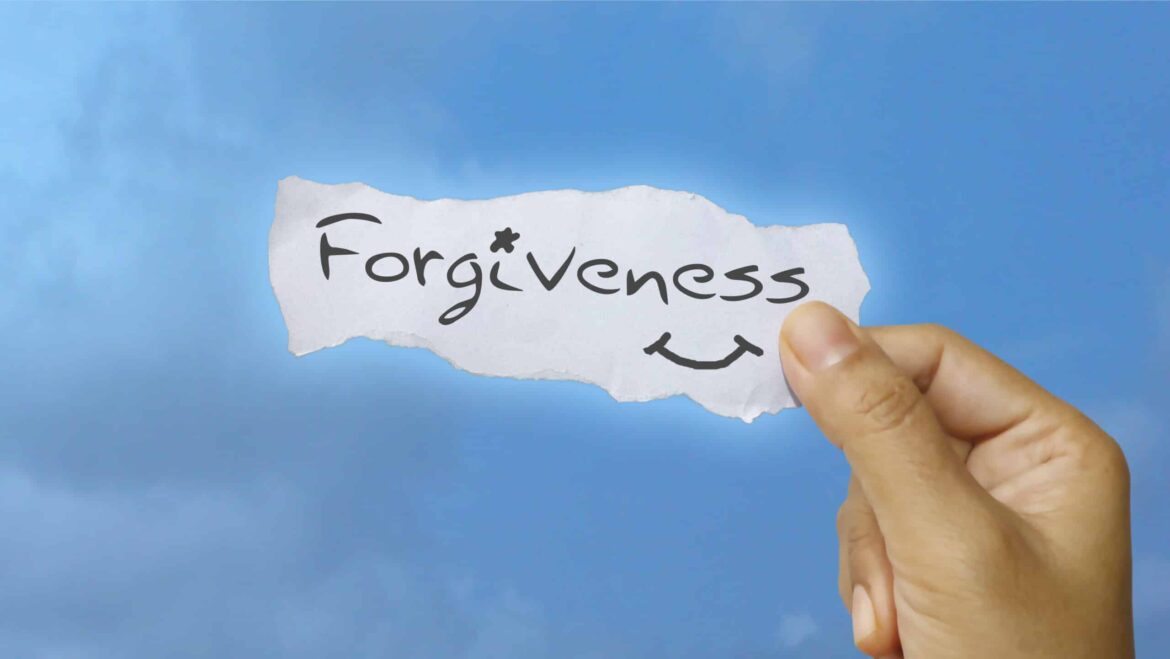When you want to ask someone for forgiveness, it’s not always easy to take the first step. Here are some tips to help you find the right words for your apology.
Asking for forgiveness: Tips
Apologizing is often more difficult than you might think. It requires courage, empathy, and a willingness to take responsibility. A sincere apology can pave the way for reconciliation and restore trust. However, it is often not so easy to find the necessary self-confidence and courage to apologize. Asking for forgiveness is therefore often associated with a queasy feeling.
- Unlike a quick “sorry” or “my apologies,” a sincere apology requires significantly more courage. It requires genuine remorse, because perhaps you have deliberately hurt someone close to you or caused a more serious offense that cannot be remedied with a simple phrase.
- It is best not to wait too long to ask for forgiveness. Express it as soon as possible after the argument or offense, provided you feel ready to do so.
- Avoid making excuses or shifting the blame onto others. Instead, focus on recognizing your own mistakes and taking responsibility. You should also avoid justifications that give the impression that you might make the same mistake again in the future.
- Honesty is the key to a sincere apology. Speak openly about your feelings and the reasons for your behavior. This will demonstrate empathy and credibility.
- Show understanding for the impact of your actions on the other person and offer to make amends. Honest remorse is also demonstrated by promising to improve and vowing not to repeat such a mistake.
- Ultimately, you should not force the other person to forgive you. Especially in the case of a serious injury, it takes time to be ready to forgive. Pressuring them could only trigger new conflicts.
The right words for an apology
Finding the right words is crucial when it comes to asking for forgiveness. An apology should be clear, direct, and sincere. Furthermore, it should not give the impression that it is just empty talk. A few examples may help you formulate an appropriate apology. However, be careful not to use standard phrases; instead, tailor your apology to the individual.
- “I made a mistake. Can you forgive me?”
- “I didn’t mean to do that. I’m so sorry. Is there any way I can make it up to you?”
- “That was careless of me. Can you forgive me?”
- “That should never have happened. I sincerely apologize. Can you forgive me?”
The role of body language
In addition to the words you use, the way you apologize also plays a crucial role. Your body language and tone of voice should emphasize the sincerity of your apology. It is also important not to ask for forgiveness via text message or phone call.
- Be sure to maintain eye contact while apologizing to show your sincerity. Eye contact also conveys trust and empathy.
- An open and relaxed body posture helps to gain the other person’s trust and emphasize the apology. A tense or dismissive posture, on the other hand, can raise doubts about the sincerity of the apology.
- Avoid defensive or aggressive gestures, as they can undermine the credibility of your apology.
- In addition, you should use a calm and respectful tone of voice to better convey the message of your apology. This shows empathy and promotes a positive feeling in the other person.

